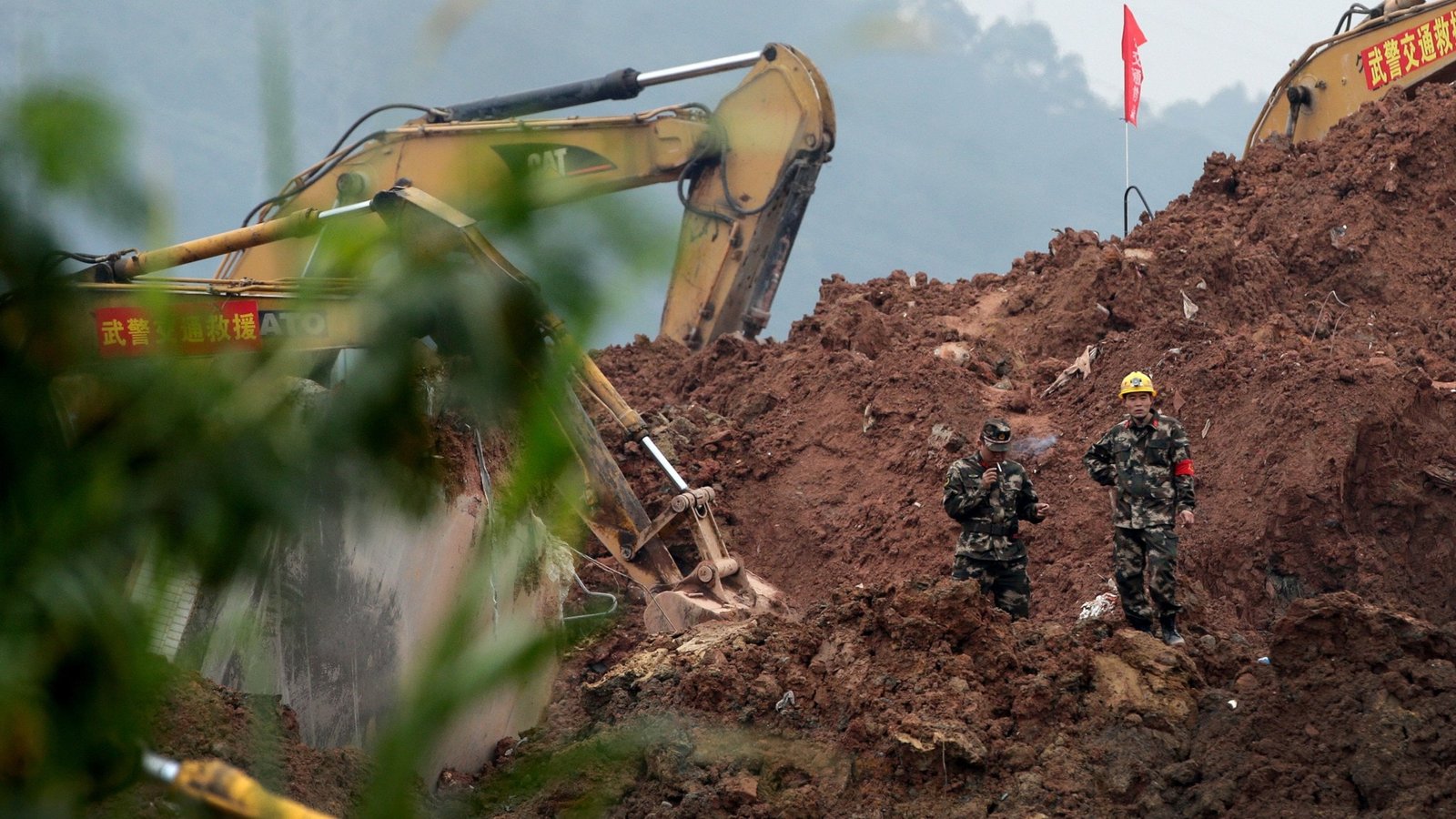For contractors working in Southampton, understanding waste soil regulations is crucial to staying compliant and avoiding penalties. Whether you’re involved in construction, landscaping, or any project that involves digging and soil displacement, it’s essential to know how to handle waste soil responsibly. This guide will help you navigate the regulations, classifications, and best practices for managing waste soil in Southampton.
If you’re looking for detailed guidance on waste soil legislation Southampton, this article covers everything you need to know.
What is Waste Soil?
Waste soil refers to soil that is removed from its original location during construction, excavation, or landscaping projects. Depending on its composition, this soil may contain contaminants that could harm the environment if not disposed of correctly. As a contractor, you have a legal obligation to manage this waste in accordance with regulations.
Why Waste Soil Regulations Exist
The UK government has implemented waste soil regulations to protect the environment and public health. Improper disposal of waste soil can lead to land and water pollution, soil degradation, and negative impacts on ecosystems. Regulations are in place to ensure that contractors and businesses responsibly handle and dispose of waste soil.
Key Waste Soil Regulations in Southampton
In Southampton, waste soil management is governed by both national and local regulations. The primary piece of legislation you’ll need to be aware of is the Environmental Protection Act 1990. This law classifies waste materials, including soil, and provides guidelines for their disposal.
Waste Classification
One of the first steps in managing waste soil is determining its classification. Waste soil falls into one of three categories:
- Inert Waste: Soil that doesn’t undergo significant physical, chemical, or biological transformations. It’s considered safe for disposal and can be used in certain land reclamation projects.
- Non-Hazardous Waste: Soil that may contain some contaminants but doesn’t pose an immediate threat to human health or the environment when handled properly.
- Hazardous Waste: Soil that contains harmful contaminants such as heavy metals, asbestos, or chemicals. This waste requires specialised handling and disposal methods to prevent environmental damage.
The Importance of Waste Acceptance Criteria (WAC) Testing
Before you can dispose of waste soil, you may need to conduct Waste Acceptance Criteria (WAC) testing. This test analyses the soil for contaminants and determines its classification. The results will dictate how and where the soil can be legally disposed of. Contractors must retain documentation of these tests for compliance purposes.
When is WAC Testing Required?
WAC testing is mandatory for hazardous waste and may also be required for non-hazardous waste if there is a risk of contamination. If you are unsure about whether your waste soil requires testing, consult local environmental authorities for guidance.
How to Dispose of Waste Soil in Southampton
Disposing of waste soil isn’t as simple as taking it to the nearest landfill. Contractors must follow strict protocols to ensure legal compliance. The key options for waste soil disposal include:
1. Recycling Waste Soil
Recycling is the preferred method of waste soil management, as it minimises environmental impact. In some cases, waste soil can be reused for land reclamation or construction projects. Before recycling, however, the soil must meet specific safety criteria.
2. Licensed Landfill Sites
For soil that cannot be recycled, it must be taken to a licensed landfill site. Not all landfills accept hazardous waste, so it’s important to find a site that is equipped to handle the type of soil you’re disposing of. Be sure to keep records of the landfill location and the amount of soil disposed of.
3. Specialist Disposal Services
If your waste soil is classified as hazardous, you will need to work with a specialist disposal service. These services are equipped to handle and transport hazardous materials safely. Always verify that the disposal service is licensed and compliant with local regulations.
Penalties for Non-Compliance
Failing to comply with waste soil regulations in Southampton can lead to severe penalties. Contractors can face fines, legal action, and damage to their reputation if found to be in violation of environmental laws. It’s essential to stay informed about the latest regulations and ensure that all waste soil is handled legally.
Common Mistakes Contractors Make
- Improper Classification: Failing to classify waste soil correctly can lead to improper disposal and penalties.
- Lack of Documentation: Not keeping records of WAC tests, disposal receipts, and other required documentation can result in fines.
- Unlicensed Disposal: Using unlicensed landfill sites or disposal services can lead to legal action.
Environmental Impact of Improper Soil Disposal
Improper soil disposal can have significant environmental consequences, especially in areas like Southampton, which are close to sensitive ecosystems. Contaminated soil can leach harmful chemicals into groundwater, polluting local water supplies and damaging aquatic habitats. It can also degrade soil quality, affecting plant life and agriculture.
Protecting Local Ecosystems
By following waste soil regulations, contractors play a vital role in protecting Southampton’s natural environment. Safe disposal practices help preserve local biodiversity and prevent long-term environmental damage.
Best Practices for Managing Waste Soil
To ensure compliance with waste soil regulations, contractors should adopt the following best practices:
1. Conduct a Waste Assessment
Before starting any project, conduct a thorough waste assessment to determine the type and amount of soil that will need to be disposed of. This helps you plan for WAC testing, transportation, and disposal methods.
2. Partner with Licensed Waste Carriers
Always work with licensed waste carriers to transport waste soil. These carriers are familiar with local regulations and will ensure that the soil is disposed of legally. Make sure to verify their credentials and keep documentation of their services.
3. Stay Up-to-Date with Regulations
Waste soil regulations can change, so it’s important to stay informed about any updates. Regularly review local laws and consult with environmental authorities to ensure ongoing compliance.
4. Maintain Proper Records
Keep detailed records of all waste soil management activities, including WAC tests, disposal locations, and waste carrier documentation. These records are crucial for demonstrating compliance in the event of an audit.
How to Stay Informed About Waste Soil Legislation
As a contractor, it’s your responsibility to stay updated on the latest regulations. Regularly checking government websites, such as the Environment Agency, and attending industry seminars can help you stay informed. Additionally, partnering with environmental consultants can provide you with expert advice and guidance.
Conclusion
Waste soil regulations in Southampton are designed to protect the environment, public health, and ensure that contractors manage their projects responsibly. By following the guidelines outlined in this article, you can ensure that your waste soil is disposed of legally and safely. Always conduct WAC testing when required, partner with licensed carriers, and stay up-to-date with regulations to avoid penalties and protect the environment.
For more information on waste soil legislation in Southampton, visit CSS Group for detailed guidance on compliance and best practices.










